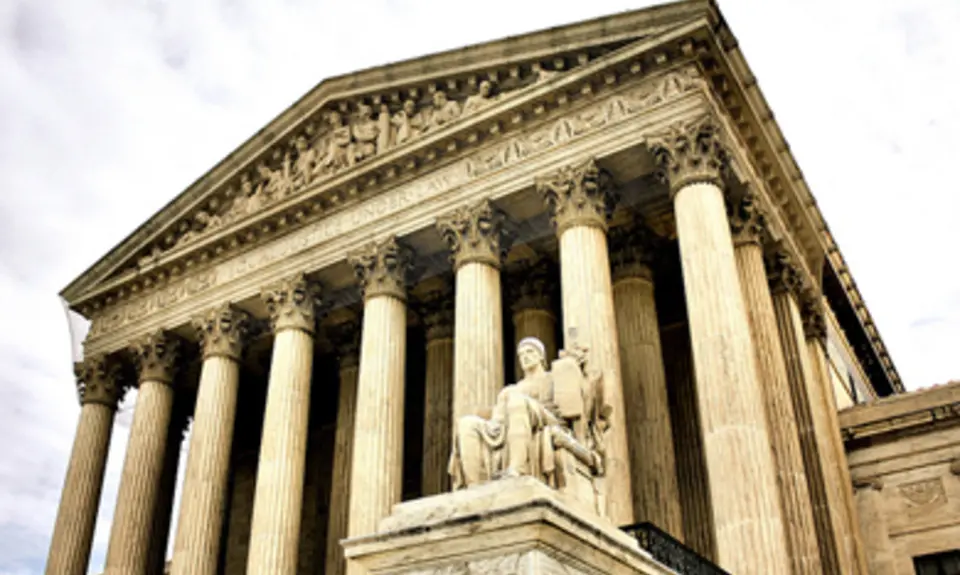On Wednesday of this week, in an important case on class actions previewed last September by PFAWF, the Supreme Court handed down a good ruling for consumers concerning class actions. This was an unusual development for the Roberts-Alito Court, which has generally gone along with big business efforts to limit class actions as an important remedy. This time, although Roberts and Alito (and Scalia) dissented, six justices led by Justice Ginsburg rejected a corporation’s effort to hurt consumers.
Class actions are a crucial type of lawsuit that allows consumers and others with relatively small individual claims to band together and seek large amounts of damages to help hold corporations accountable for wrongdoing. In this case, Campbell-Ewald Co. v. Gomez, the corporation had violated federal law by sending unwanted telephone solicitations to some 100,000 people. Jose Gomez got one of those solicitations and filed a lawsuit, asking for the maximum statutory remedy for himself of $1500 but also seeking to bring a class action on behalf of the tens of thousands of other people who received the unwanted solicitations. The corporation tried to end the suit by offering to pay Mr. Gomez his $1500 and then arguing that its offer ended the lawsuit and the basis for the class action. If allowed, that would give corporations an easy and inexpensive way to prevent most class action lawsuits.
The Supreme Court rejected the corporation’s ploy in a 6-3 vote. As Justice Ginsburg explained, if a plaintiff like Mr. Gomez rejects an offer, even if it is for the maximum amount that could be recovered individually, the case remains alive and able to be pursued as a class action. Chief Justice Roberts, joined by Justices Alito and Scalia, dissented and argued, as they usually do, that the corporation should prevail , since it was willing to give Mr. Gomez “everything he asks for.” As Justice Ginsburg explained in response, that “would place the defendant in the driver’s seat”, improperly allowing corporations to spend minimal amounts to pay off individual plaintiffs and forestall class actions.
This decision will not remedy the damage that the Roberts-Alito Court has previously done, and could well do in the future, to limit class actions and harm consumers. And the Court left open the question of whether a corporation can stop a class action by formally placing the full amount of an individual’s claim in an account and getting a lower court to rule for the individual and dismiss the class action claim. This loophole should be closed by the Court, as the New York Times explained, to “protect what remains of the class action from the unrelenting efforts of business to undermine it.” At least in this case, however, even Roberts and Alito could not muster the votes needed to further harm consumers and help big business.
